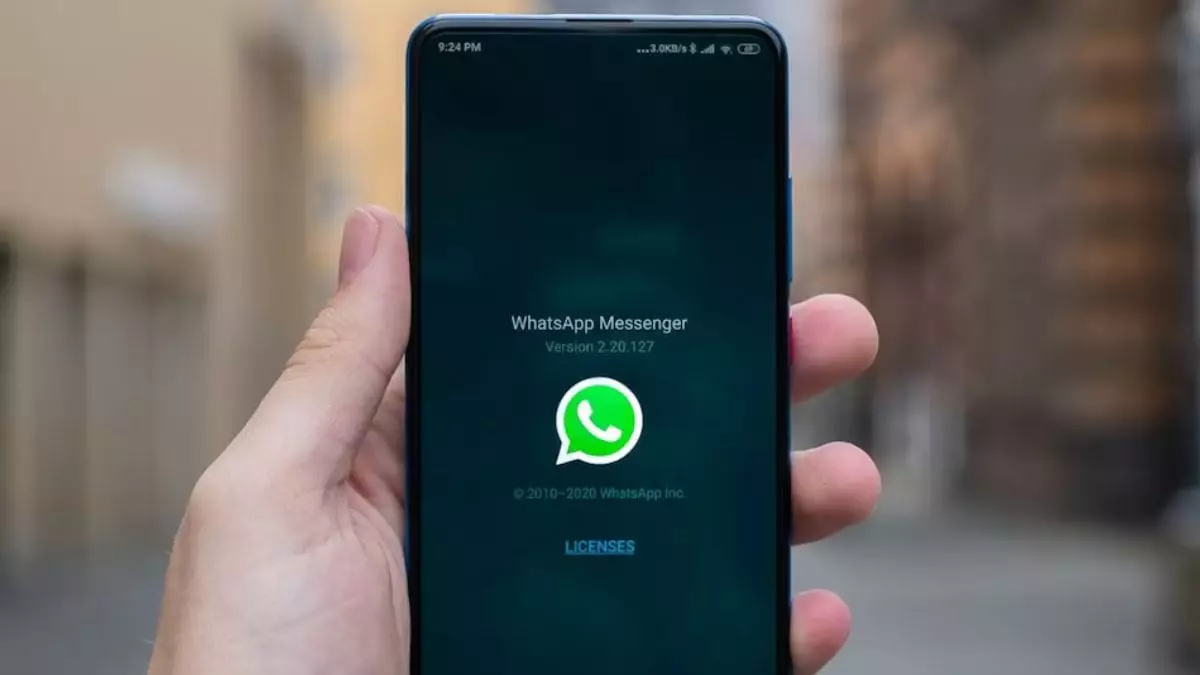WhatsApp has taken an innovative step forward by launching a new feature aimed at enhancing the credibility of media shared within its platform. Currently under testing for beta users on Android, this reverse image lookup functionality will allow individuals to verify the authenticity of images they’ve received. As misinformation proliferates across digital platforms, the ability to quickly discern manipulated media could empower users and contribute to more informed messaging.
The recent beta update, numbered 2.24.23.13, introduces a streamlined process for reverse image searching directly in chats. When a user encounters a potentially dubious image, they can tap a few buttons to initiate a search via Google’s reverse image lookup service. However, it is essential to emphasize that WhatsApp requires user consent before uploading an image for verification, ensuring that privacy remains a priority. Despite the promise of this feature, reports indicate that some users may be unable to access it even after updating their app, as its rollout relies on server-side activation rather than just a standard app update.
The ability to verify images within the chat interface is not merely a cosmetic enhancement; it is a robust tool for fighting misinformation. Users can identify the source of an image, find identical or similar instances across the internet, and check for alterations that could indicate deception. This development is particularly timely, given the growing concerns about digital manipulation, especially in the context of news and social media platforms. Misinformation can spread rapidly, and equipping users with the tools to conduct their investigations will likely encourage more responsible sharing habits.
One of the main concerns surrounding features that involve uploading content for external processing is user privacy. WhatsApp has made it clear that it does not access the content of images before, during, or after they are sent to Google’s service. This assurance is critical in maintaining user trust, as privacy is paramount in today’s digital landscape. By being transparent about its processes, WhatsApp aims to establish itself as a responsible platform that prioritizes user security while still providing essential functionalities.
While the reverse image lookup feature is currently available to a limited number of beta testers, there is a strong expectation that it will expand to the broader user base in the near future. As users become increasingly wary of the media they encounter, this feature could not only enhance their experience but also play a significant role in promoting media literacy. WhatsApp’s forward-thinking approach may very well set a precedent for other messaging platforms to follow, ushering in a new era of user empowerment in the digital sphere.
As digital communication continues to evolve, platforms like WhatsApp must adapt to the changing landscape, especially concerning media authenticity. With the upcoming reverse image lookup feature, users are being equipped with essential tools to combat misinformation effectively. By enabling quick and easy verification of images, WhatsApp is not only enhancing user experience but also championing a more informed digital community. The implementation of this feature marks a significant commitment to ensuring that the content shared on its platform is both credible and trustworthy. As we await its wider release, it will be intriguing to observe how this capability shapes user interactions and communication norms within WhatsApp.


Leave a Reply